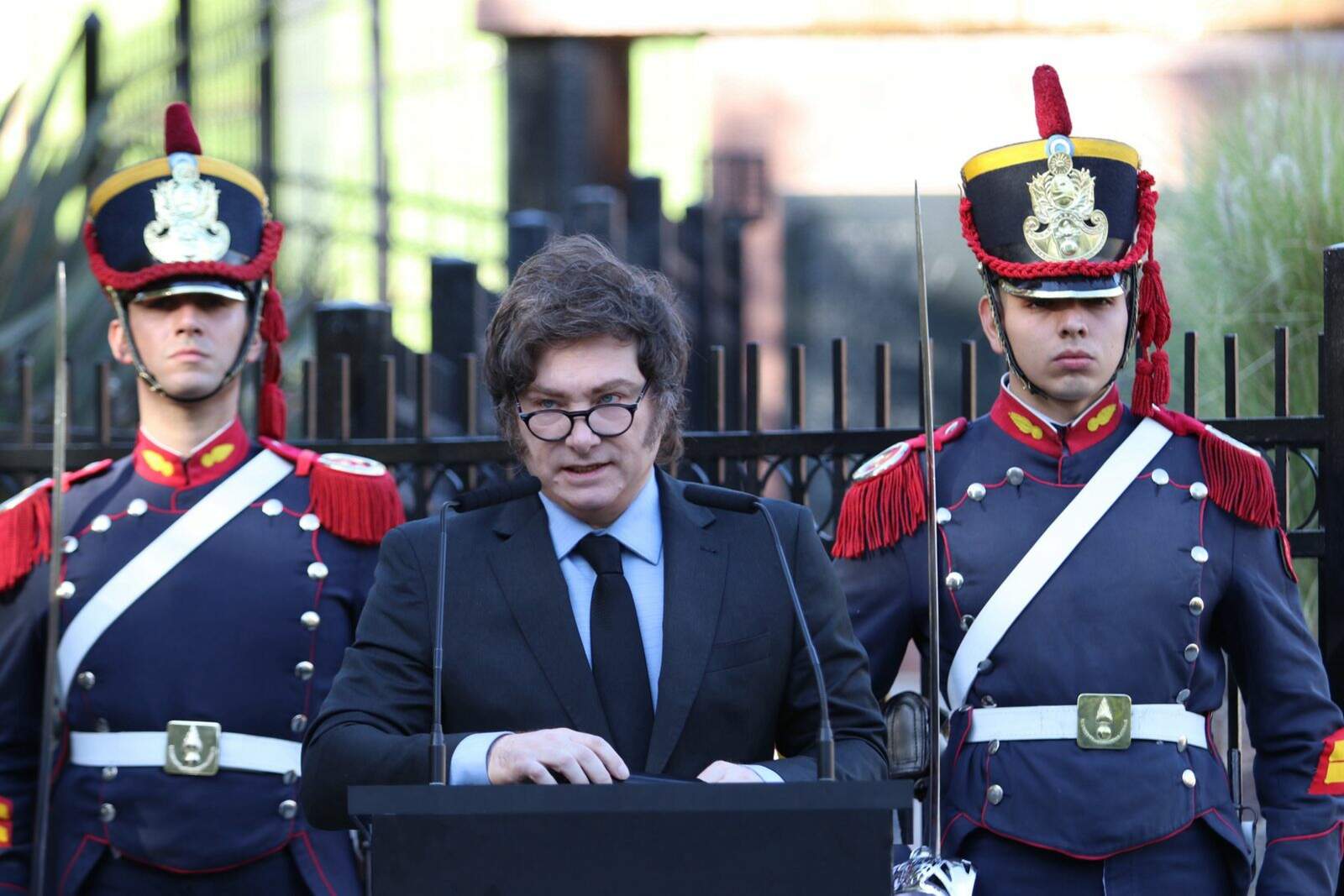The Government of Javier Milei announced a deep reform of the Argentine immigration regime that, among other things, significantly tightens the requirements to access both permanent residency and citizenship.
With the aim of organizing the system, discouraging irregular entry, and prioritizing genuine settlement, the new measures mark a shift from the previous approach, more permissive and based on family ties or prolonged illegal stays.
Residency: end of automatic access through family ties
Until now, obtaining permanent residency was relatively easy for those who could demonstrate family ties with Argentine citizens. If a person proved to be a spouse, parent, or child of an Argentine, they automatically gained the right to residency.
Additionally, those who demonstrated settlement—meaning their personal, work, or social stability was centered in the country—could also apply for residency.

With the reform promoted by Milei's Government, this logic changes drastically. From now on, only the children of Argentine citizens will continue to have direct access to residency. Spouses and parents will need to meet additional requirements.
In general terms, to access permanent residency, one will be required to prove a true settlement in the country, sufficient means of livelihood, and the absence of criminal records both in Argentina and in the country of origin.









